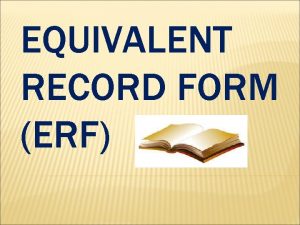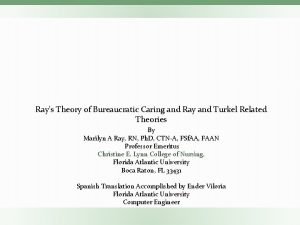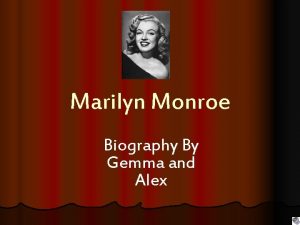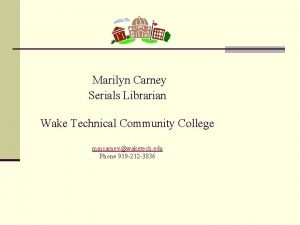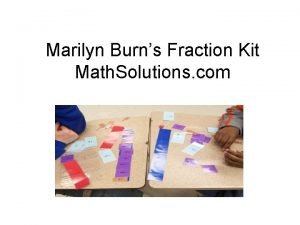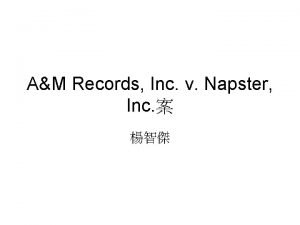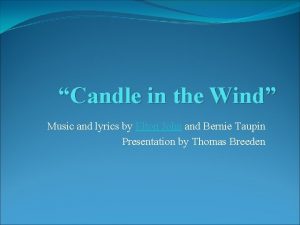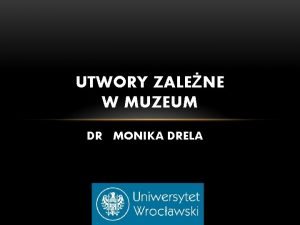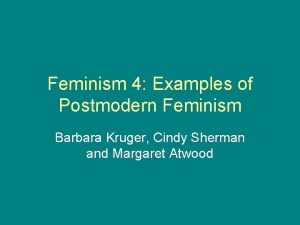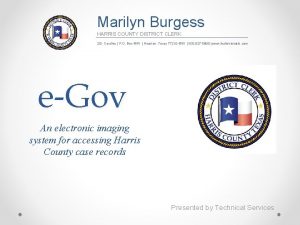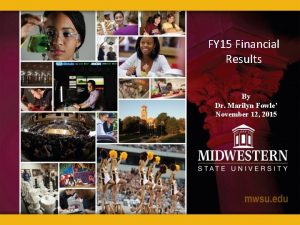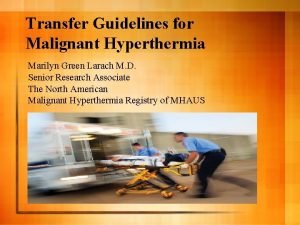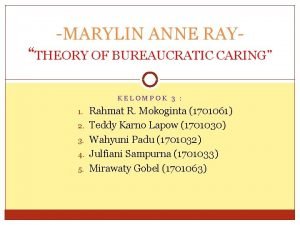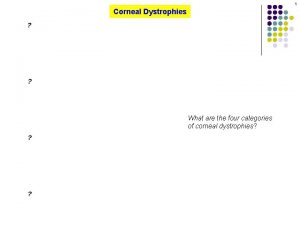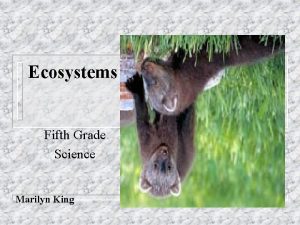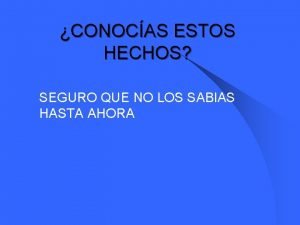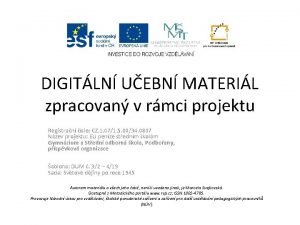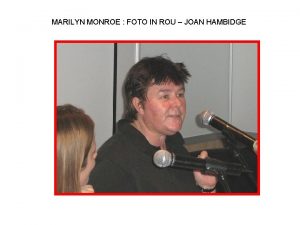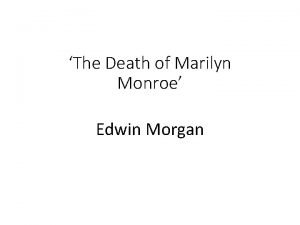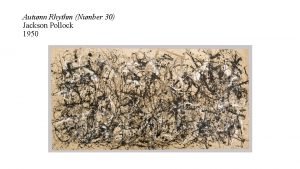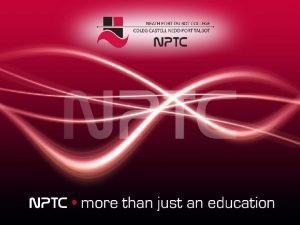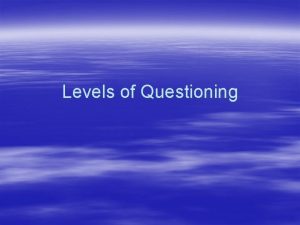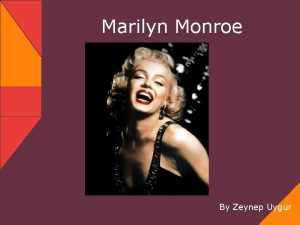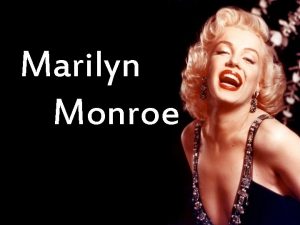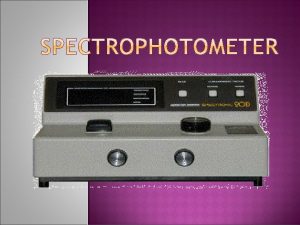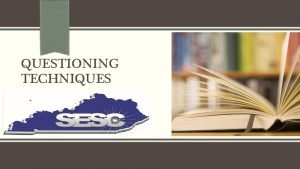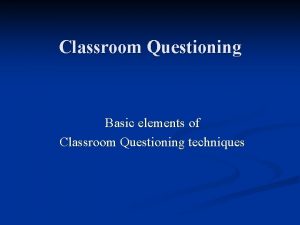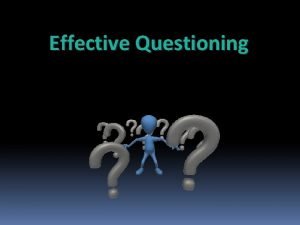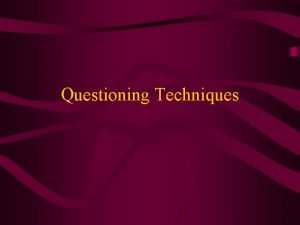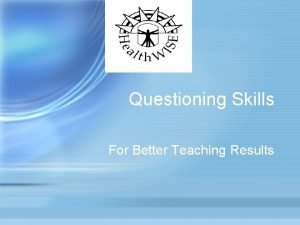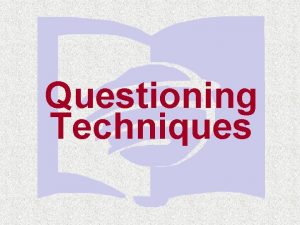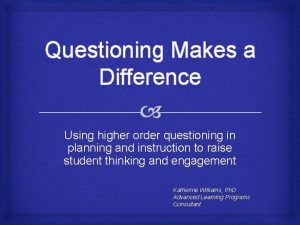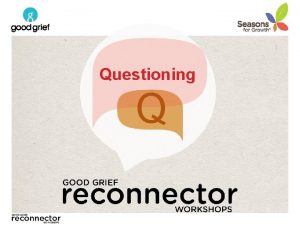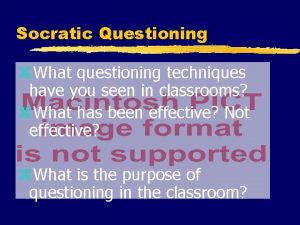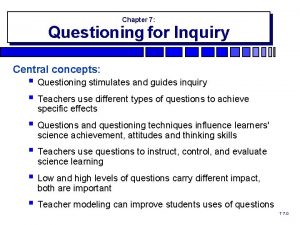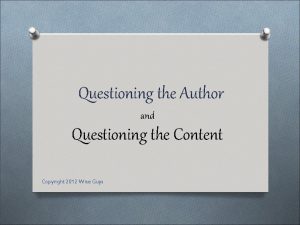Teacher Questioning as an Indicator of Change Marilyn



























- Slides: 27

Teacher Questioning as an Indicator of Change Marilyn Morey, Elif Safak, Joshua T. Hertel, Cynthia Langrall, Changing Teaching; Changing Learning; Helping Students Become Knowledge-Able Teaching & Learning Symposium Illinois State University January 9, 2013

Presentation Goal

Illinois Mathematics. Science Partnership Goals

Aims of the research

Institutes for Integrating Content-Knowledge with Classroom-Instruction (IICC) • 3 -year Master’s degree program in two tracks: § Master of Science in Mathematics (mathematics education) § Master of Science in Curriculum and Instruction (science education) • Coursework for state endorsement in middle grades mathematics or science • Graduate 25 teachers (22 graduates)

IICC Teachers

IICC Plan of Study (36+ credit hours)

Evaluation and Research Teacher Content Knowledge Course Assessments Teacher Pedagogical Practices Video Reflection Cycle Classroom Observations DTAMS Survey of Enacted Curriculum Student Learning Action Research Projects State Test Data

Video Reflection Cycle Year 1 V R R V 3 Ye ar ar 2 Ye V R

Analysis of the Data

Why the Focus on Teacher Questions?

Trying Not to Reinvent the Wheel!

Questioning Frameworks Erdogan & Campbell, 2008 Newcomb &Trefz, 2005 Open-ended questions Remembering Closed-ended questions Processing Creating Task oriented questions Evaluating

Analysis of Teacher Questions

Excerpt from Our Coding

Five-Point Cluster Rubric Level Description 1 (almost entirely ) closed-ended, teacher-centered questions with limited correct responses, primarily recall and memorization, lacks a clear focus , loosely organized 2 primarily teacher-centered; may contain some student-centered segments, some open-ended questions are interspersed within the cluster; however, the teacher quickly switches over to closed-ended questions. 3 blend of teacher-centered and student-centered instruction, contain s a mix of open-ended (more frequent) and closed-ended questions, focus more on the use of known facts, theories, and principles and less on the recall or memorization. 4 primarily student-centered with limited teacher-centered instruction, openended questions are dominant with may be a few closed-ended questions, very little recall or memorization. 5 Entirely open-ended, student-centered questions. Predominance of questions that ask students to draw original conclusions /novel thinking, may require students to make a judgment or critical analysis.

Five-Point Cluster Rubric Level Description 1 2 3 4 5 blend of teacher-centered and studentcentered instruction, contains a mix of openended (more frequent) and closed-ended questions, focus more on the use of known facts, theories, and principles and less on the recall or memorization.

Analysis of Teacher Questions

Results of Questioning

Change in Teacher Reflections

Change in Teacher Questioning

Conclusions

References

Thank you! QUESTIONS? ? ? SUGESTIONS? ? ? mkmorey@ilstu. edu esafak@ilstu. edu

Teacher Questioning Erdogan and Campbell, 2008 Closedended Verification Disjunctive Concept Completion Feature Specification Quantification Openended Task Oriented Definition Interpretation Causal Antecedent Causal consequence Enablement Expectational Judgmental Monitoring Need clarification Request/ Directive

Teacher Questioning Newcomb &Trefz, 1988 Remembering Processing Memorizing, recall, identification of facts Use of known facts, theories, and principles in a procedural manner Creating Novel thinking, making original conclusions, a student explaining their thinking about finding a solution to a non-routine problem Evaluating Making judgment or critical analysis

Five Point Lesson Scale 1 2 3 4 Open-ended Open. Erdagon Closed-ended and Open-ended Closed. Campbell ended 5 Openended Newcomb Remembering Rememberin Processing Creating Evaluating g Remembering Processing and Trefz Processing Creating Evaluating (1988)
 What is an erf number
What is an erf number Good afternoon, teacher
Good afternoon, teacher Marilyn monroe billy graham
Marilyn monroe billy graham Marilyn anne ray theory of bureaucratic caring
Marilyn anne ray theory of bureaucratic caring Marilyn monroe
Marilyn monroe Wake tech library
Wake tech library Cell membrane bubble lab answers
Cell membrane bubble lab answers Marilyn monroe billy graham
Marilyn monroe billy graham Marilyn hall patel
Marilyn hall patel Candle in the wind lyrics
Candle in the wind lyrics Utwr
Utwr Barbara kruger marilyn monroe
Barbara kruger marilyn monroe Marilyn burgess
Marilyn burgess Marilyn fy
Marilyn fy Marilyn friend co teaching
Marilyn friend co teaching Marilyn green
Marilyn green Theory of bureaucratic caring by marilyn ray
Theory of bureaucratic caring by marilyn ray Corneal dystrophy mnemonic
Corneal dystrophy mnemonic Dr marilyn king
Dr marilyn king Marilyn monroe taille 44
Marilyn monroe taille 44 Marilyn monroe billy graham
Marilyn monroe billy graham Tancredo neves ni dios
Tancredo neves ni dios Marilyn monroe
Marilyn monroe Marilyn monroe foto in rou gedig
Marilyn monroe foto in rou gedig Juxtaposition of colors
Juxtaposition of colors Marilyn monroe murio despues de burlarse de dios
Marilyn monroe murio despues de burlarse de dios Death of marilyn monroe poem
Death of marilyn monroe poem Autumn rhythm (number 30)
Autumn rhythm (number 30)
